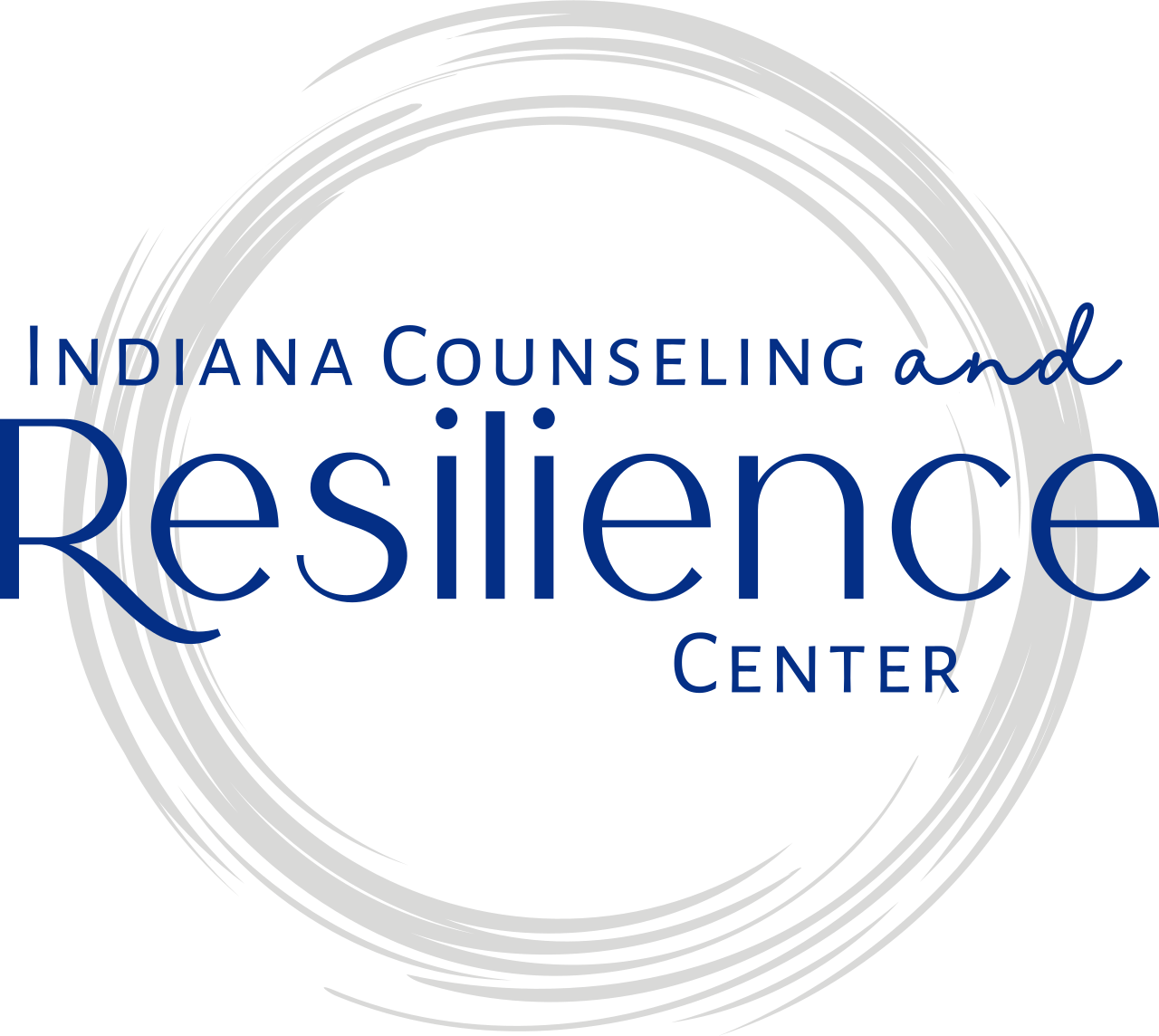Coping Strategies for Managing Everyday Anxiety: Practical Tips from an Anxiety Therapist in Indianapolis, IN
Imagine you are running late for work and you can’t find your keys. You get a call from your child’s teacher informing you that you forgot to send their lunch box to school. You have to give a presentation to your supervisor. You have a cryptic text message from a close friend or colleague.
Each of these incidents are examples of anxiety-provoking moments of daily life. Hiccups to our routines, worrisome communication with others, or other annoyances can induce stress. Leaning on healthy coping strategies for managing these moments can help alleviate the physical and emotional distress resulting from everyday anxiety.
Coping Strategies to Manage Your Everyday Anxiety
Physical Activity
One of the best coping strategies for managing the anxiety of daily life is to incorporate physical activity into your routine. This does not mean you have to join a CrossFit gym or start taking hot yoga classes (though those options could be beneficial!). Even taking a 15-30 minute walk a few times each week can be extremely helpful in managing and decreasing symptoms of anxiety.
Exercise leads to the brain releasing a chemical called dopamine. Dopamine is a neurotransmitter that releases feelings of pleasure in the body. Incorporating regular exercise into your routine can increase levels of other positive chemicals. Leading to long-term alleviation of anxiety.
Practice Good Sleep Hygiene
Another way to decrease daily anxiety is to improve sleep hygiene. Research shows the importance of getting enough sleep. But logging enough hours of slumber is not always enough to provide a good mood or positive mental health. Along with striving for 7-8 hours of sleep each night (the American Academy of Sleep Medicine and the Sleep Research Society recommends at least seven hours for adults!), consider adjusting your nightly routine to incorporate optimal sleep hygiene habits!
Perhaps you reduce your exposure to blue light by winding down from electronics 1-2 hours before bedtime. Harvard University finds exposure to blue light in the evening hours can decrease the overall time and quality of your sleep. Activities such as reading or meditating before going to bed are better alternatives. Compared to watching movies or scrolling on your phone.
Prepare For The Next Day The Evening Before
In considering the impact of nighttime habits on the reduction of daily anxiety, it can be helpful to set yourself up for success the next day by preparing the evening before. Does your mind race before sleep with to-do lists, worries, and appointment reminders? Before going to bed, write down any worries or tasks that need to be addressed the next day.
Is it difficult for you to make it to work on time or to shuffle your family to their events and activities? Pack and plan the evening before! By preparing breakfasts and lunches, laying out clothing and accessories, and packing backpacks and work bags the evening before, you can grant yourself (and your family!) peace of mind by ensuring your morning will run more smoothly.
Find Support in Anxiety Therapy
Feeling moments of anxiety and stress throughout the day is a normal occurrence. While there are many tips and tricks to help you manage anxiety in your daily life, if you are finding it difficult to find relief, consider seeking support from a mental health professional.
You deserve to live a happy life. While anxiety and stress will occur, but there is hope in managing anxiety if it becomes all-consuming. Working with a therapist to reduce symptoms of anxiety is a healthy coping strategy and can be beneficial support in the pursuit of positive mental health.
Interested in More Support With Anxiety Therapy in Indianapolis, IN?
If you're looking to ease your everyday anxiety symptoms, seek out a skilled anxiety therapist at Indiana Counseling and Resilience Center. Together, you and a skilled professional can develop effective strategies to reduce stress and help you regain control of your life, and reduce your everyday anxiety. Remember, you deserve a peaceful and fulfilling future, and anxiety therapy can be a powerful tool to help you achieve it. Follow these three simple steps to get started:
Contact us to schedule an appointment for anxiety therapy
Begin meeting with one of our skilled anxiety therapists
Start managing your everyday anxiety symptoms in a healthy way!
Other Services Offered at Indiana Counseling & Resilience Center
At Indiana Counseling & Resilience Center, our team wants the best for our clients and we want to support you in any way we can. So, in addition to providing you with anxiety therapy to manage your anxiety symptoms, our skilled team of skilled and caring therapists specializes in trauma & PTSD counseling, couples counseling, and EMDR therapy. We offer our services both in-person and online in the state of Indiana. For more about us check out our FAQs!





